COLONIAL POLLUTION
Ghana suffocating under tons of textile waste-dumping from Global North, activist’s swimming expedition shows
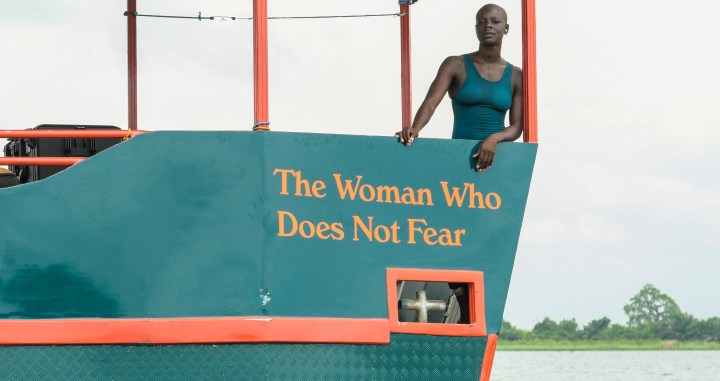
Accra’s waterways are ‘bubbling with synthetic microfibers and material debris’ after decades of nonstop waste-dumping by countries in the Global North.
For 40 days – between March and April this year – 30-year-old Yvette Tetteh made her way down Ghana’s Volta River from Buipe to Ada, swimming for up to six hours a day. Along the way, she took water samples and spoke to communities about the impact of pollution on their lives.
Speaking to the Daily Maverick, Tetteh explained that the Agbetsi Living Water Swim Expedition was launched by The Or Foundation to track the impact of textile pollution throughout Ghana.
Ghana is one of the largest recipients of used clothing in the world.
Tetteh is a board member of The Or Foundation, an Accra-based NGO that deals with environmental justice, education and fashion development. It estimates that Ghana sees 15 million items of second-hand clothing from Europe, the UK and the USA flooding local markets every week.
On average, 40% of every bale of second-hand clothing opened in Kantamanto Market in the capital Accra is discarded as waste.
This causes enormous environmental damage in a country where the only engineered landfill overflowed in 2019 due to the massive volumes of clothing waste. The Or Foundation has recorded thousands of tangled textile threads and discarded clothing along Accra’s beaches.
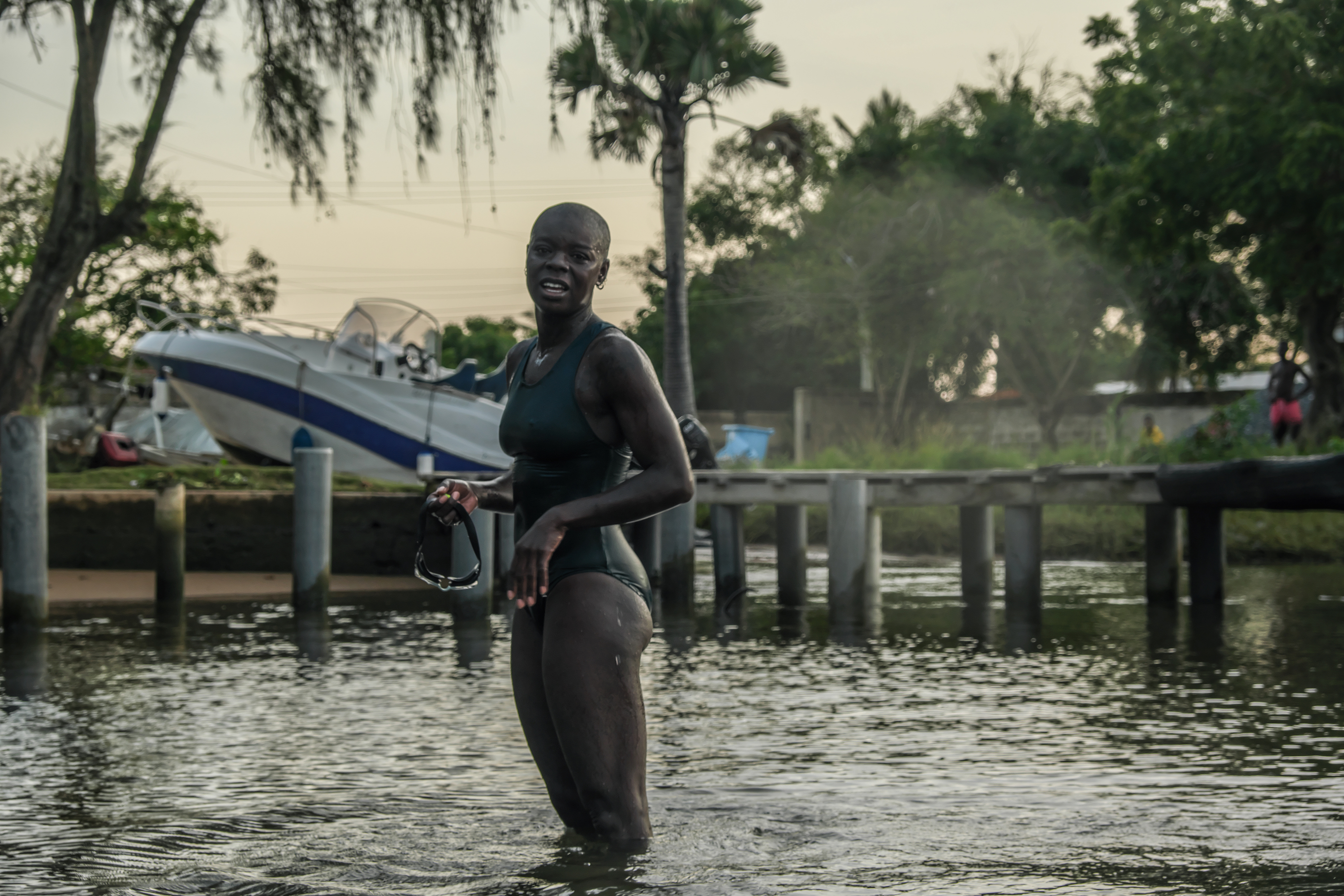
Yvette Tetteh explained that the Agbetsi Living Water Swim Expedition was launched by The Or Foundation to track the impact of textile pollution throughout Ghana. (Photo: Ofoe Amegavie)
Tetteh, together with Samuel Oteng and Kennie MacCarthy from the Or Foundation, was speaking during the Africa Textile Talks in Cape Town this year, hosted by Twyg & Imiloa Collective, and raised the need for a new justice-led and circular textile economy to avoid the scenario playing out in Accra, Ghana.
The OR Foundation says the discarded clothing along Accra’s coastline often becomes breeding grounds for mosquitoes, thereby increasing the risk of malaria. They also destroy the marine ecosystem by making it difficult for turtles to lay their eggs, affect livelihoods by snagging on fishermen’s nets, and disrupt leisure activities when children swim in the sea and rivers.
This prompted The Or Foundation to conduct research and launch the swimming expedition.
Tetteh said she wanted to draw attention to the problem’s urgency and how Accra’s waterways are “bubbling with synthetic microfibers and material debris” after decades of nonstop waste-dumping by countries in the Global North.
Tetteh says the problem is caused by overproduction and overconsumption, which is why it is critical that everyone rethinks their behaviour and comes up with more sustainable alternatives to the dominant model of fashion.
“When we are thinking about the problem and the solution, it is important for us not to make anyone any individual into the villain, but at the same time, we are all individually contributing to the problem,” she said.
Watch here: Impossible Is Just A Feeling
While Tetteh swam, The Or Foundation crew followed her down the Volta River in a 12m solar-powered catamaran fitted to conduct research. The boat’s name? “The Woman Who Does Not Fear.”
The four-berth vessel is equipped with a laboratory which the crew and Tetteh used to analyse water and air samples.
After this expedition, the “Woman Who Does Not Fear” will be used in The Or Foundation’s groundbreaking research along the coast of Accra to map textile pollution in the ocean.
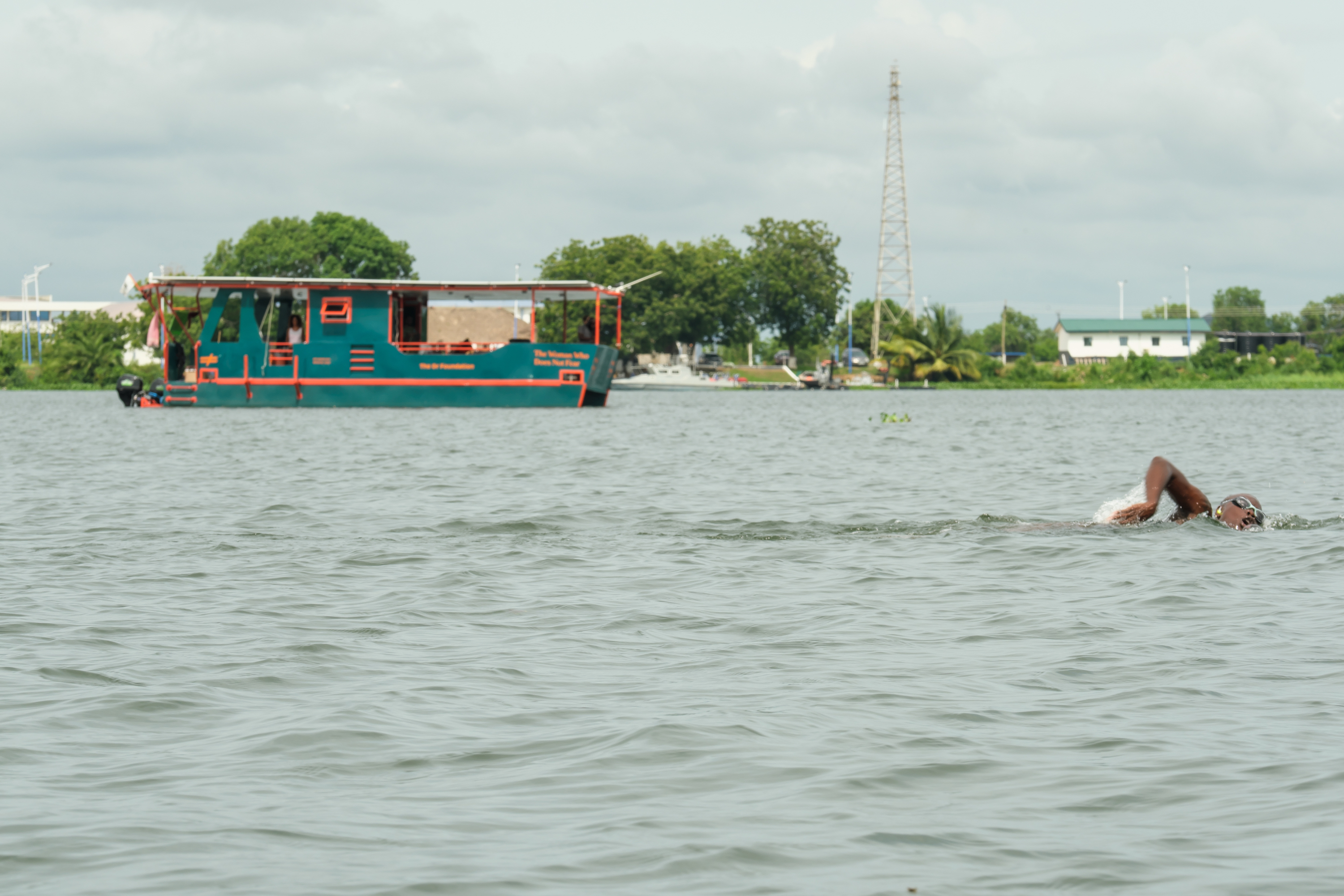
Yvette Tetteh made her way down Ghana’s Volta River from Buipe to Ada, swimming for up to six hours a day. (Photo: Ofoe Amegavie)
Sammy Oteng, senior community engagement manager at the Or Foundation and a fashion designer based in Accra, explained that advocacy goes hand-in-hand with dealing with the impact of discarded secondhand clothes from the Global North.
One of the things the foundation has been promoting over the past year is a globally accountable extended producer responsibility (EPR) policy that would see frontline communities being financially supported to manage clothing waste.
The foundation hopes the data gathered from this expedition will also be used to initiate an EPR policy in Ghana.
“The way this policy would work is that producers within industries would pay a tax or an amount to governmental authorities, which can then be used to manage their waste post-consumer use. As it is now, it is only France that has that policy. Other EU member states are working to adopt this policy as well.”
In February this year, The Or Foundation released its Stop Waste Colonialism position paper, with an endorsement from Accra’s mayor.
“In Ghana, where we are based, the impacts of the perfect storm of climate change are felt every day with flooding, drought, extreme heat, crop failure and devastating environmental pollution. The loss and damages are tangible and directly caused by overflowing amounts of textile waste.
“As an organisation and as a community, we want to see urgent action to reckon with the severity of the threats our team and our community are living through. Effective EPR for textiles is one such action that can be taken on a policy level to steer individual and cooperative behaviours,” said the foundation.
The framework laid out in the Stop Waste Colonialism position paper states that the sorting of clothing in the EU does not eliminate waste; that transferring EPR funds to final destination markets is critical to closing the finance gap for circularity; and that reducing production volumes is the most effective method of fighting waste.
Former second-hand clothing retailer Cynthia “Abena” Essoun from Accra’s Kantamanto Market says: “We have been driving the solution, now we need the support.”
Essoun called on regulators and brands to ensure that money collected through EPR policies travels with the clothes to the places that are trying to manage textile waste, such as Kantamanto Market. DM

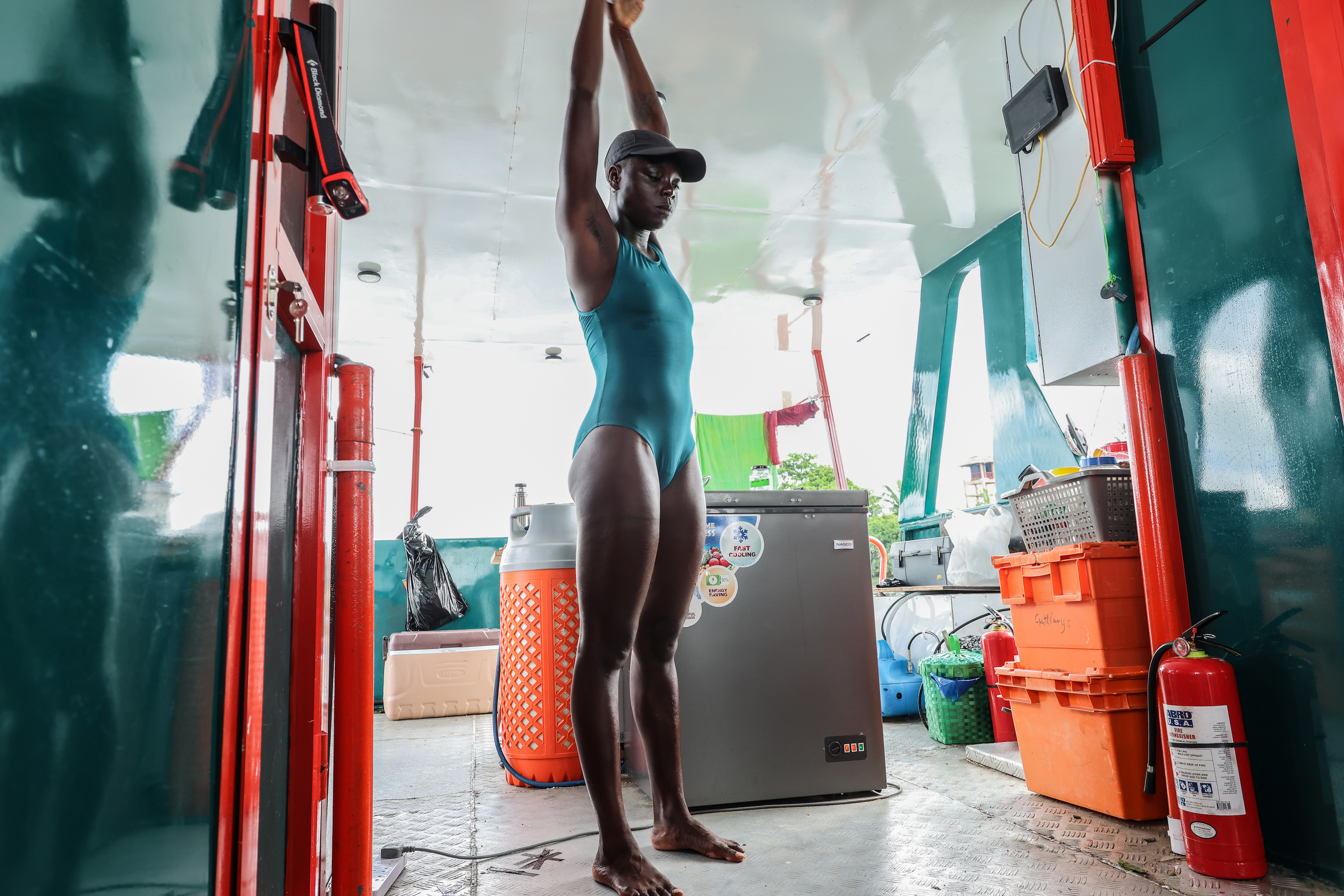
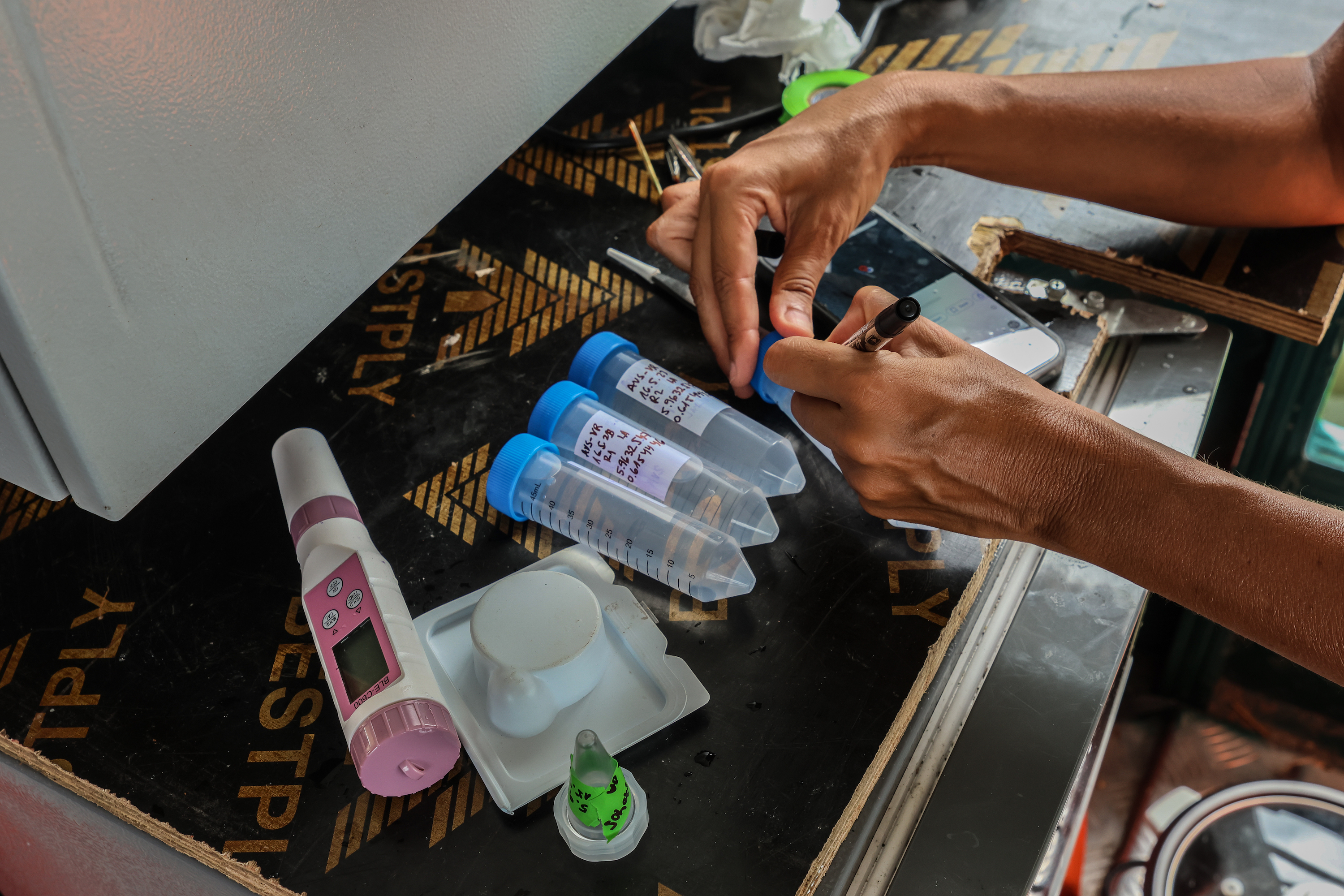

















In my opinion, this way of thinking is what’s killing Africa, no accountability whatsoever on our part. At any point it mentions how this agreement came about? Who signed it? How much money is being injected into Ghana’s economy? The people involved in it should be called out, fired, to say the least. Please, if the goal is real change, give us the full story. This not to say that excessive consumerism shouldn’t be stopped, it will eventually be the end of us.